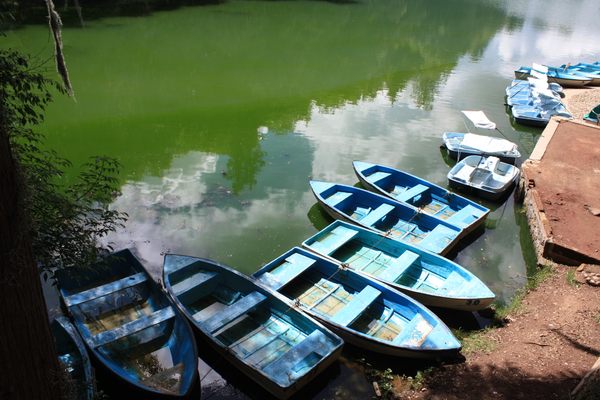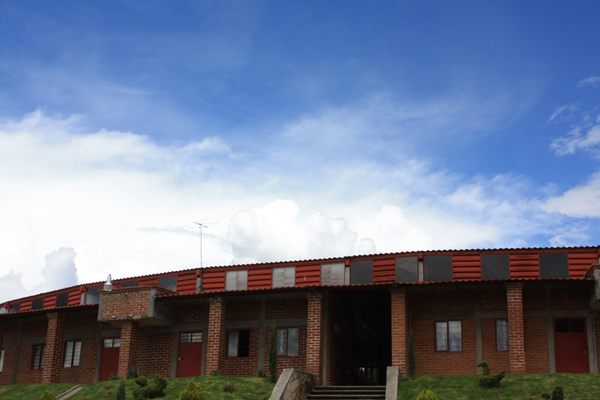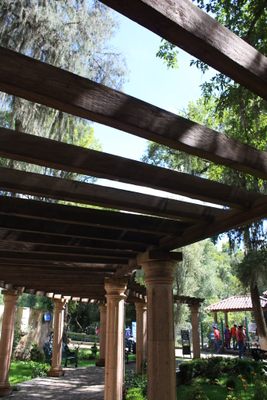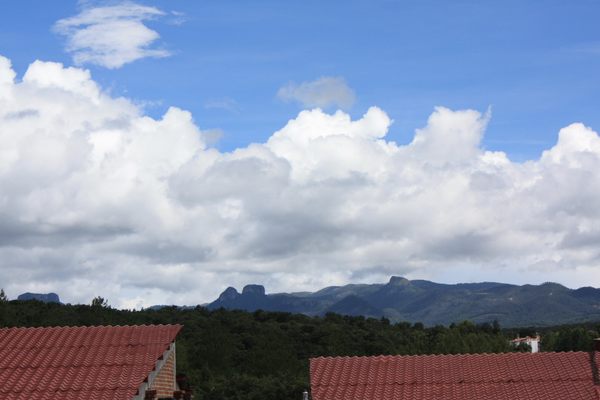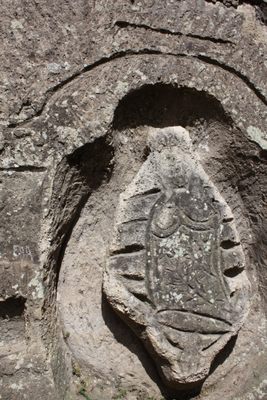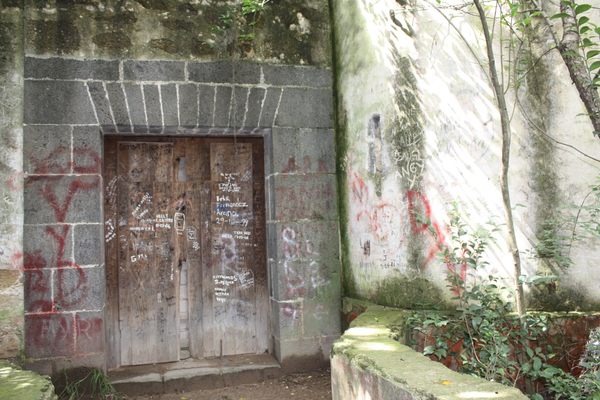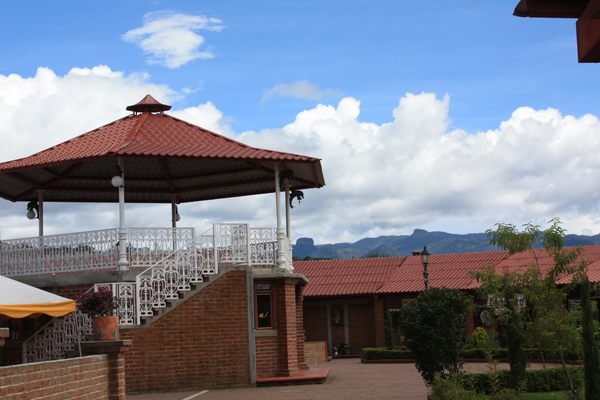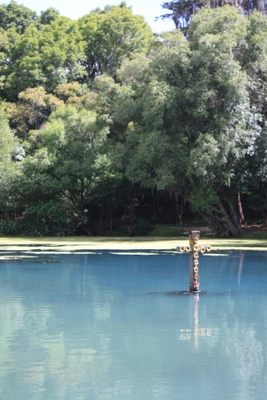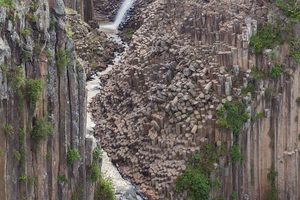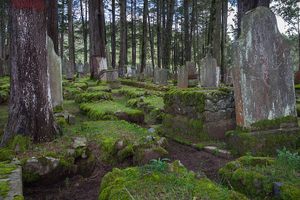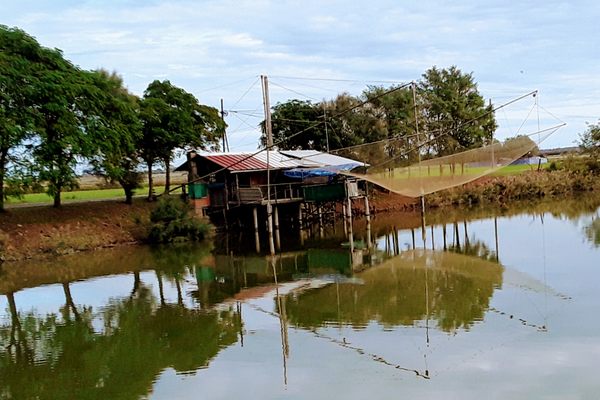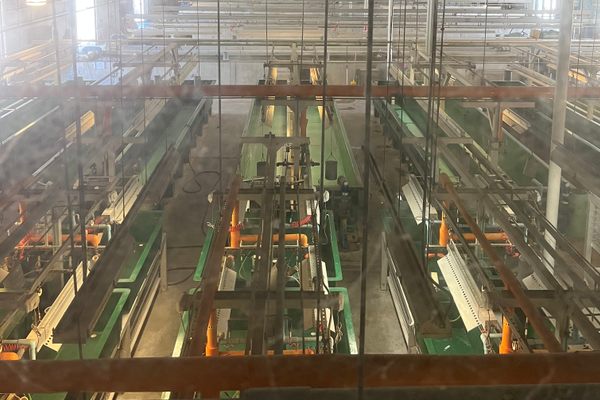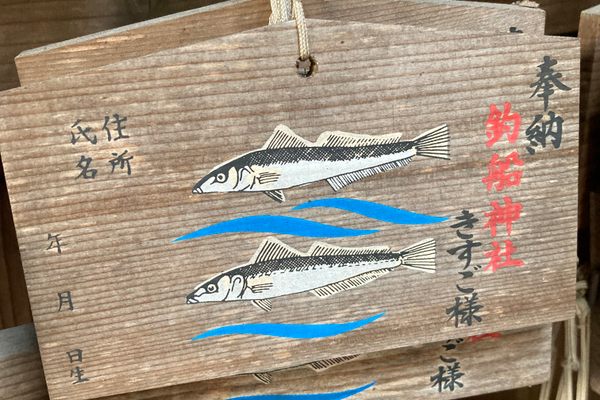About
Modern aquaculture in Mexico began in the late 1930s with rainbow trout farms in the humid, high-altitude, and cool forest climates of states like Michoacán and the State of Mexico. Rainbow trout rearing continued to grow, and this species is now one of the most widely grown in the country. Now known as Bosque de las Truchas, this forest tourism complex was originally known simply as "Las Truchas," and was one of the first such farms in the state of Hidalgo.
Given the novelty of aquaculture in the area, the owners of the farm decided to start offering guided visits in which visitors could learn about the process involved in raising fish for human consumption. The visitors would often remark on the beauty of the mountain forest scenery and lakes surrounding the water tanks.
As much of this scenery was actually part of the property of the fish farm owners, trails were established, more tanks were built to support brook trout breeding, both fish species were released in the lakes, and boats were brought in. Stories and legends regarding other features found in the forest, like crumbling hacienda-era walls and caves, were researched (or just plain made up), leading to attractions like "The Kissing Nook."
Visitors can now spend the whole day fishing, rowing, hiking, and eating onsite and give the rearing tanks little more than a few minutes' glance. Continuing to grow, the complex now also includes a series of ziplines, a small seasonal water park, and a large, ring-shaped restaurant and entertainment center. Known as “El Parián” (also spelled "Pariam"), in this restaurant area you can come and buy one of the trouts farmed here, or bring your own from the lake, and have it prepared with your recipe of choice.
Related Tags
Know Before You Go
Open daily from 9 a.m. to 6 p.m. Cost of entry, including basic activities and installations, is MXN $199.
Community Contributors
Added By
Published
October 7, 2019
